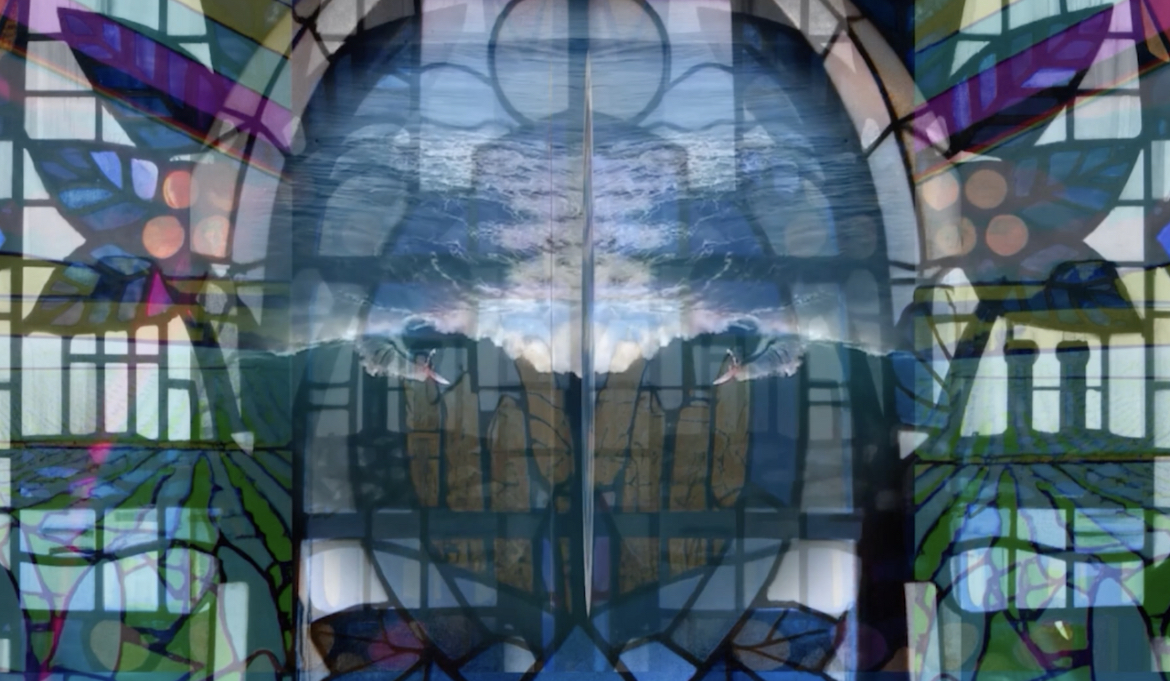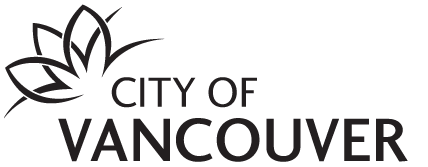Talks
Inclinations: David Kishik: How Many Artists Does It Take to Unscrew a Philosopher? (and vice versa)
2 April 2013
7:30PM
Or Gallery Berlin is pleased to present David Kishik in How Many Artists Does It Take to Unscrew a Philosopher? (and vice versa), for the first of our new speaker series Inclinations hosted by Patricia Reed.
“A critical or philosophical work that does not possess some sort of an essential relationship with creation is condemned to pointless idling, just as a work of art or poetry that does not contain within it a critical exigency is destined for oblivion.” This particular sentence by Giorgio Agamben, not to speak of his thought as a whole, is stirring up a small eddy in the main streams of contemporary art and philosophy. This talk will just try to move the spoon a little faster.
Inclinations:
A monthly speaker series at Or Gallery Berlin, hosting philosophers, artists, curators, and…
The presentation of work revolves around the posing of a question that is the thrust of a guest’s activities. It goes without saying that questions may not be answered, but are grappled with in their unresolvability. An inclination is the force of attraction to a question (without a straightforward response), yet also to each other, as a community who partakes in a common quest(ion).
Hosted by Patricia Reed.
# Arriving at a question is already a departure.
# Questions are a declaration of departure.
# Arriving at a question in thought or activity is also the creation of a trajectory, of inclining oneself towards an unknown goal, yet not without direction.
# A question inclines a departure in a particular way, but a question itself is generic – it propels all modes of seeking some thing. Questions possess the force of bending and swerving ideas/action.
# A question is the confrontation and departure from a lack. To arrive at a question is to arrive at a gap in knowledge, action and speech – a gap that cannot be immediately filled in without the inclination towards something other.
# A question is indisciplinary; the inclining magnetism of a question knows no disciplinary bounds.
In Kooperation mit der Botschaft von Kanada/In collaboration with the Embassy of Canada
Convened by: Patricia Reed, Jonathan Middleton
Participants: David Kishik
Location
Or Gallery Berlin
Listen to: How Many Artists Does It Take to Unscrew a Philosopher? (and vice versa)
Inclinations #1 Event Booklet (2.04 MB)
Participant Bios
David Kishik
David Kishik, a fellow at the Berlin Institute for Cultural Inquiry, studied philosophy at Haifa University in Israel and at the New School for Social Research in New York. He is the author of Wittgenstein’s Form of Life (Continuum) and The Power of Life: Agamben and the Coming Politics (Stanford University Press). He is also the co-translator of Agamben’s Nudities and What Is an Apparatus? He also wrote this bio, even though it is in third-person.







